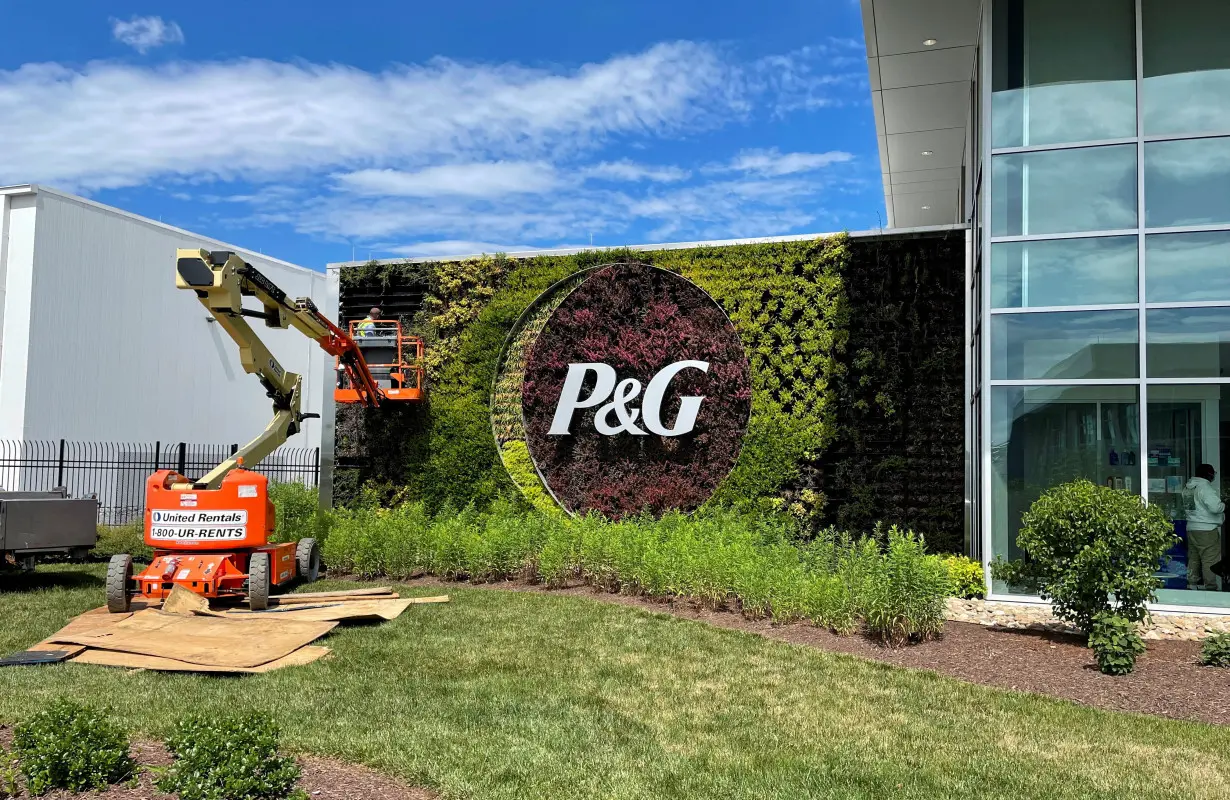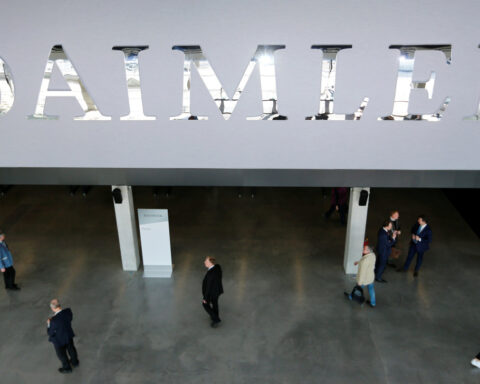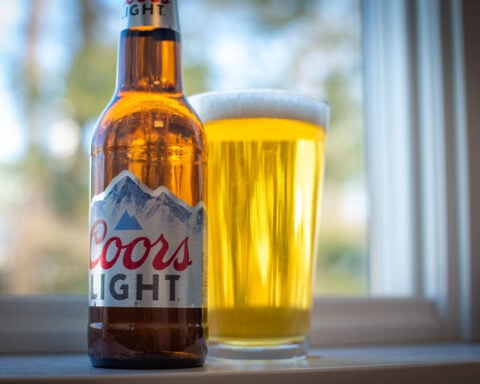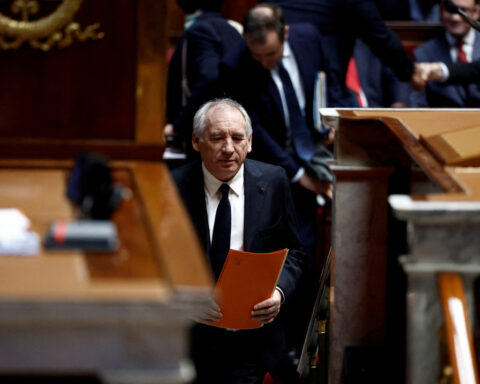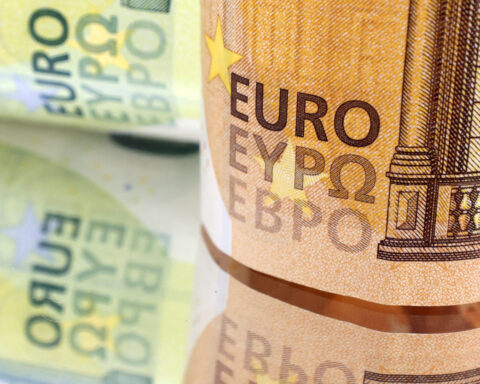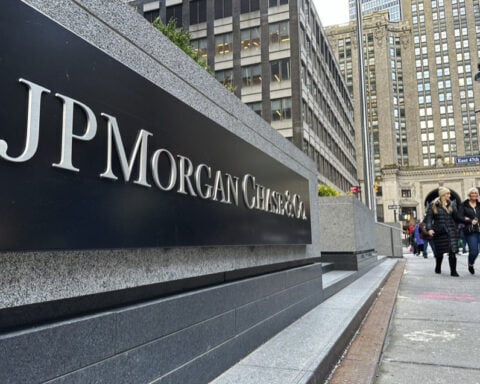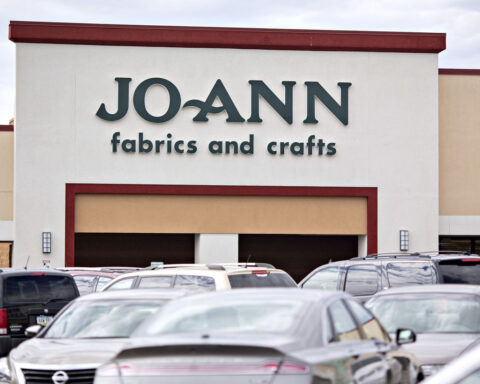By Ananya Mariam Rajesh and Jessica DiNapoli
(Reuters) - Procter & Gamble raised its annual profit forecast on lower commodity costs and as consumers, particularly in the United States and Europe, kept buying its pricey Tide detergent and Dawn dish soap.
Even though P&G's third-quarter net sales fell short of analysts' expectations, the company has been able to boost its bottom line, building on the benefits from raw material prices coming down from the peaks seen during the pandemic.
Volumes grew around 3% in its top market, the U.S., Chief Financial Officer Andre Schulten said on a media call. He said consumers were not switching from P&G's products to nonbranded products.
"The consumer is not trading down," Schulten added.
Don Nesbitt, senior portfolio manager at P&G investor ZCM, however, said cost-conscious consumers were turning to value-based products.
P&G's strong sales momentum in the U.S. and Europe was overshadowed by lower sales of its high-end SK-II skin care line, a top seller in China, due to weaker consumer spending, along with customers shunning it due to environmental concerns.
Schulten said the company has "reached the bottom of the trend" in China with SK-II, which sells for around $100 a bottle. Third-quarter sales of the product fell around 30% in Greater China.
P&G now expects a benefit of about $900 million after-tax from favorable commodity costs for its fiscal year 2024, which ends in June, compared with its earlier forecast of an $800 million benefit.
The consumer goods giant sees core earnings per share to rise between 10% and 11% in this fiscal year, above its prior forecast of 8% to 9% growth.
Excluding items, P&G earned $1.52 per share, topping estimates of $1.41 per share.
Third-quarter net sales rose to $20.20 billion from $20.07 billion a year earlier, but fell short of analysts' average expectation of $20.41 billion, according to LSEG data.
Shares of the company were down about 2% in early trading.
"The sales miss, but better forecast has been met with skepticism. They may be holding out high hopes for an ability to increase volumes in an environment where it’s harder and harder to increase prices," said Brian Jacobsen, chief economist at Annex Wealth Management, which owns shares in P&G.
"Banking on headwinds abating seems like the triumph of hope over reality," he added.
In a post-earnings call, Schulten also said volume trends in some countries, such as Egypt, Saudi Arabia, Turkey, Indonesia and Malaysia, have remained soft since the start of heightened tensions in the Middle East.
The focus is now also shifting to the company's ability to increase overall volumes as the benefits from price hikes to sales growth are waning.
P&G reported overall flat volumes in the third quarter, while average prices across its product categories rose 3%.
Schulten added that P&G is not increasing prices further and volumes are sequentially increasing "which is exactly what we would want to see."
(Reporting by Ananya Mariam Rajesh in Bengaluru; editing by Shinjini Ganguli, Louise Heavens and Jonathan Oatis)

 Few US adults confident Justice Department and FBI will act fairly under Trump, AP-NORC poll finds
Few US adults confident Justice Department and FBI will act fairly under Trump, AP-NORC poll finds
 Edmunds highlights the top car-tech trends from CES 2025
Edmunds highlights the top car-tech trends from CES 2025
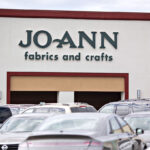 Joann files for bankruptcy — again
Joann files for bankruptcy — again
 Australian Open: Last year’s finalist Zheng Qinwen stunned in biggest upset so far
Australian Open: Last year’s finalist Zheng Qinwen stunned in biggest upset so far
 German economy, Europe’s largest, shrinks for second straight year
German economy, Europe’s largest, shrinks for second straight year
 Comoros ruling party wins parliamentary elections, opposition rejects results
Comoros ruling party wins parliamentary elections, opposition rejects results
 Confused about all the tax changes in the past decade? Just wait
Confused about all the tax changes in the past decade? Just wait
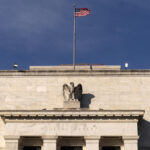 US inflation likely remained elevated last month, threatening interest rate cuts
US inflation likely remained elevated last month, threatening interest rate cuts
 Steelers head coach Mike Tomlin has ‘no response’ to questions over his job after another disappointing playoff loss
Steelers head coach Mike Tomlin has ‘no response’ to questions over his job after another disappointing playoff loss
 Coors Light is changing its name
Coors Light is changing its name
